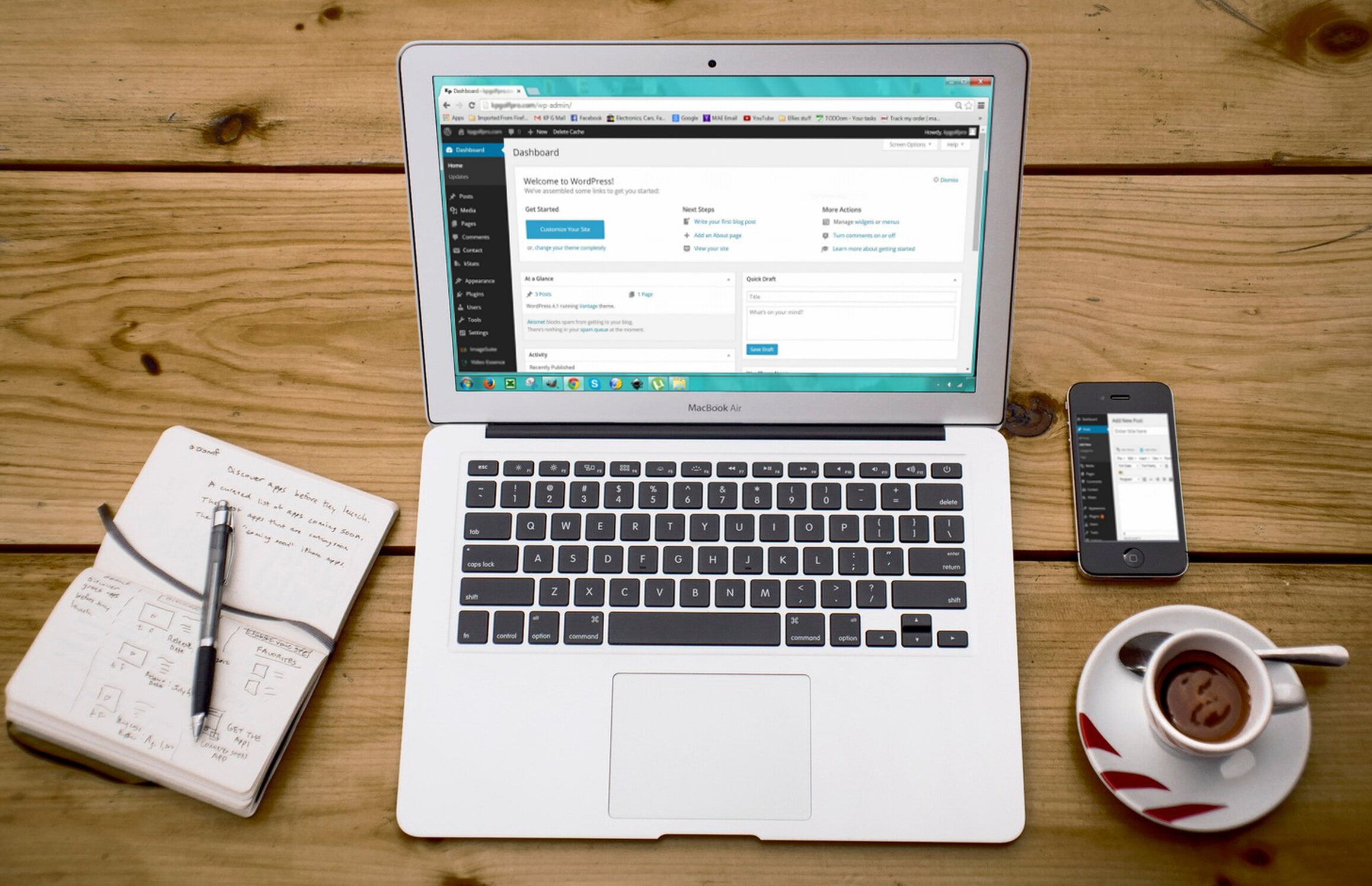
Considering that over 40% of websites in the world are powered by WordPress, knowing how to fully maximise your WordPress site is invaluable. Today, there are many ways to go about doing this. However, one of the best ways to get the most out of your online platforms is through the use of search engine optimisation (SEO).
Now, you might be asking yourself, why do you need SEO? Well, SEO can help increase the click-through rate for your site, which effectively increases its web traffic. More traffic means more people, which is always a good thing for your website.
So, how do you go about improving your WordPress site’s SEO? Well, the thing is there’s no one way to do this because you must consider many factors. To help narrow things down, we’ve prepared a list of three useful tips to improve SEO for your WordPress site:
Choose the Right Hosting
Before anything else, you’ll want to make sure that you have the right hosting. While it may not seem like it matters at first, your hosting platform actually plays a huge role when it comes to how your website performs. But how does this play into SEO?
Keep in mind that loading speed is a critical factor when it comes to SEO. The faster your site loads, the better your chances are of ranking higher on search engines results pages. In line with this, faster loading speeds also enhance the overall user experience for your site’s visitors.
Customise Permalinks
One thing that you’ll notice about the tips on this list is that they have more to do with refining minute details than big sweeping changes. One great example of this is your permalinks, which is the URL or address where your pages are on.
You’ll want to make sure that the permalinks are user-friendly. What do we mean by this? Well, have you ever copied a link from a website where the latter of the link is unintelligible gibberish? This is considered bad for SEO. Luckily, the fix for this is quite easy. Just go to the settings and look for the permalink section. From there, select the “Post Name” option to ensure that your URLs will be based on the titles of your posts.
Optimise Tags and Categories
WordPress also allows you to organise your posts using tags and categories. This makes your posts easier to find and allows you to fully flesh out the content of your website. For the best results, you’ll want to make sure that you’re using tags and categories the right way.
What you have to remember is that categories are used to classify your posts under broad groupings. As such, you should be using terms such as “Guides,” “News,” and “Announcements” when assigning categories to your posts.
Tags, on the other hand, are made to help users find posts that contain certain elements. This is why you’ll want to be as specific as possible when assigning tags. A good rule of thumb would be to align the tag with the subject of the post.
Conclusion
While SEO for WordPress might seem daunting at first, it’s mostly about making sure that you’ve got all the minute details right. These changes may also seem trivial, but it won’t be long before you see the benefits that proper SEO can bring to your website!
The SEO Room has helped many clients transform and maximise their online platforms by improving their search ranking. If you’re looking for the best SEO company in Perth to help you achieve your business goals, get in touch with us today to learn more about our services!


